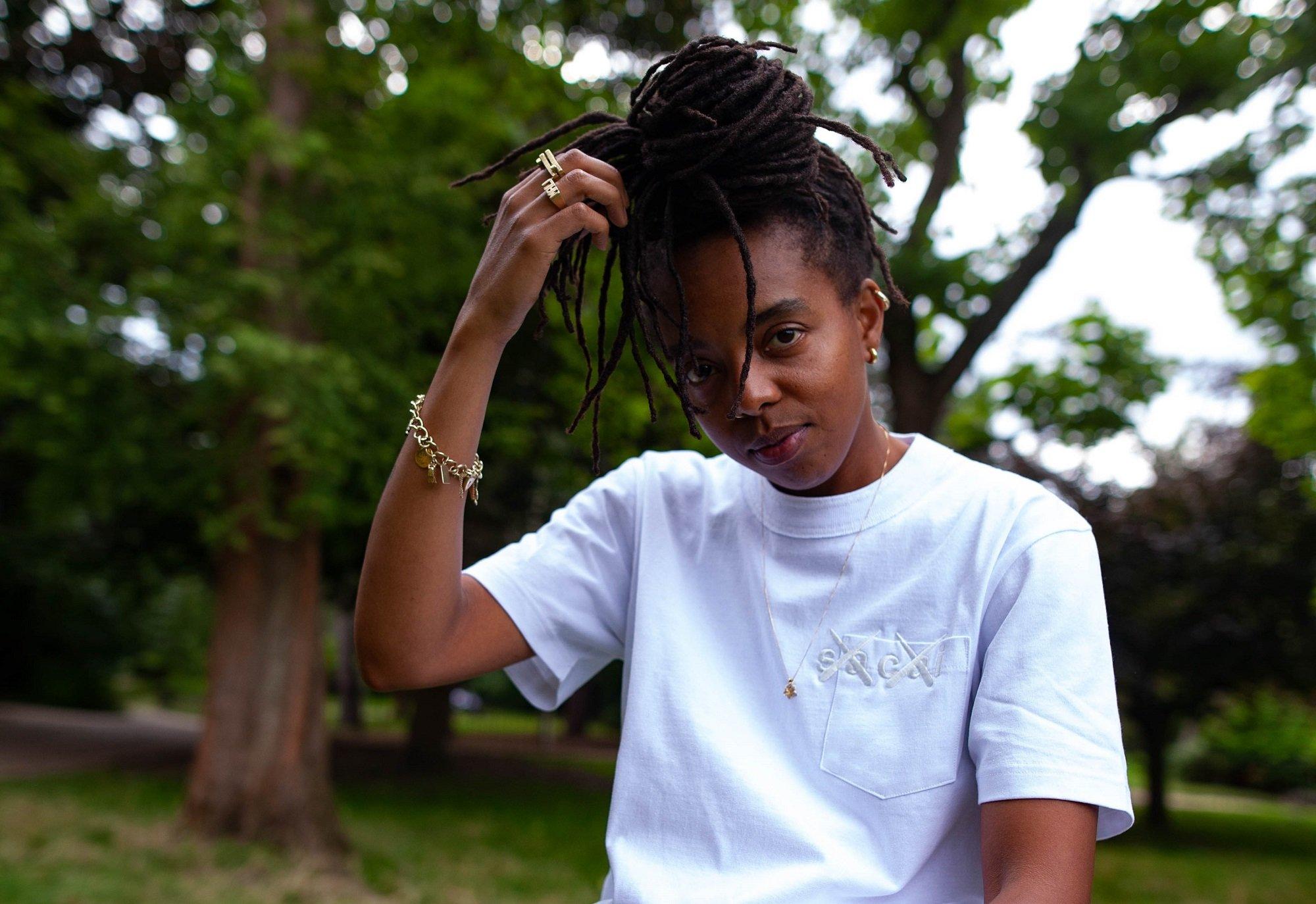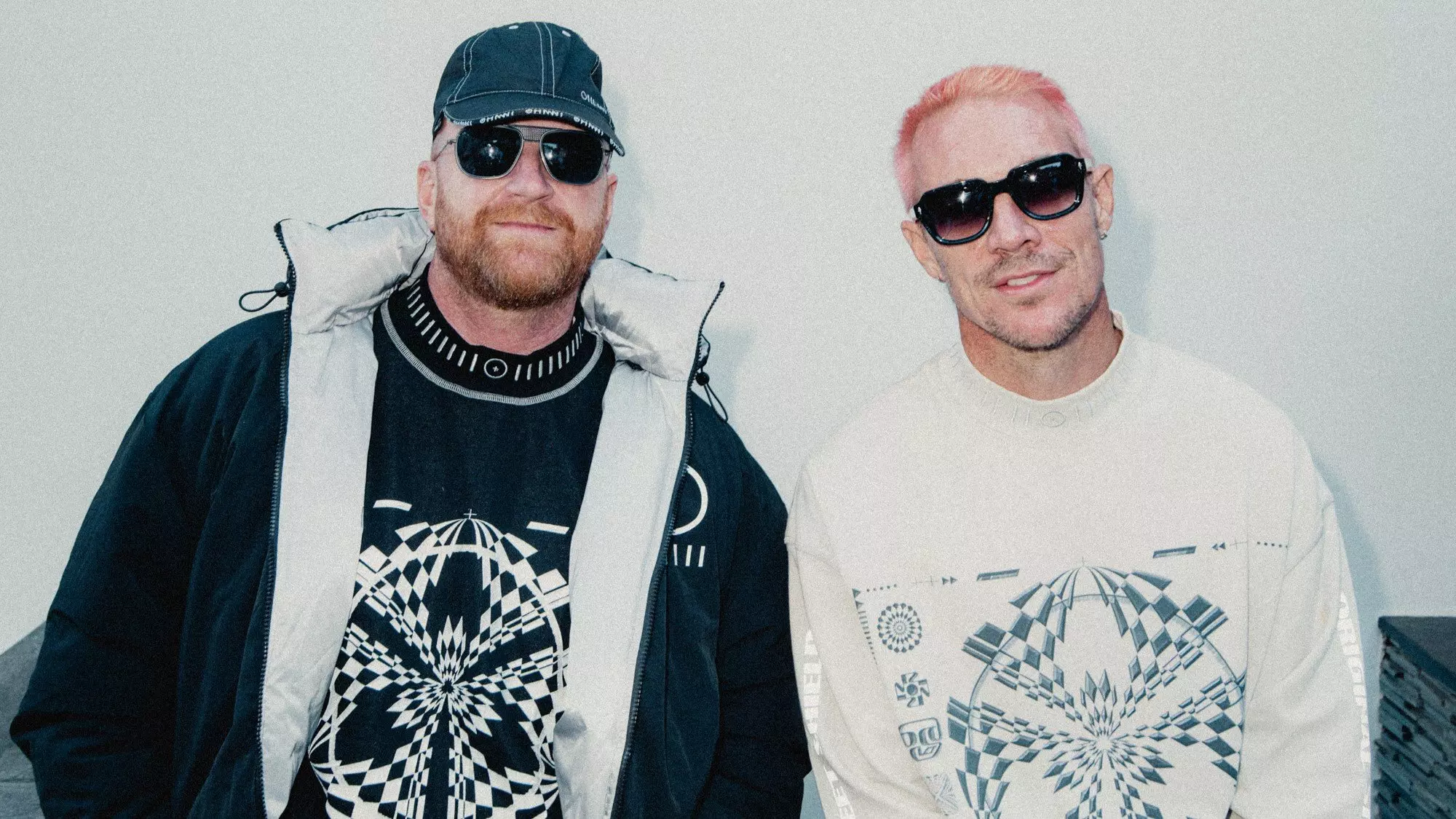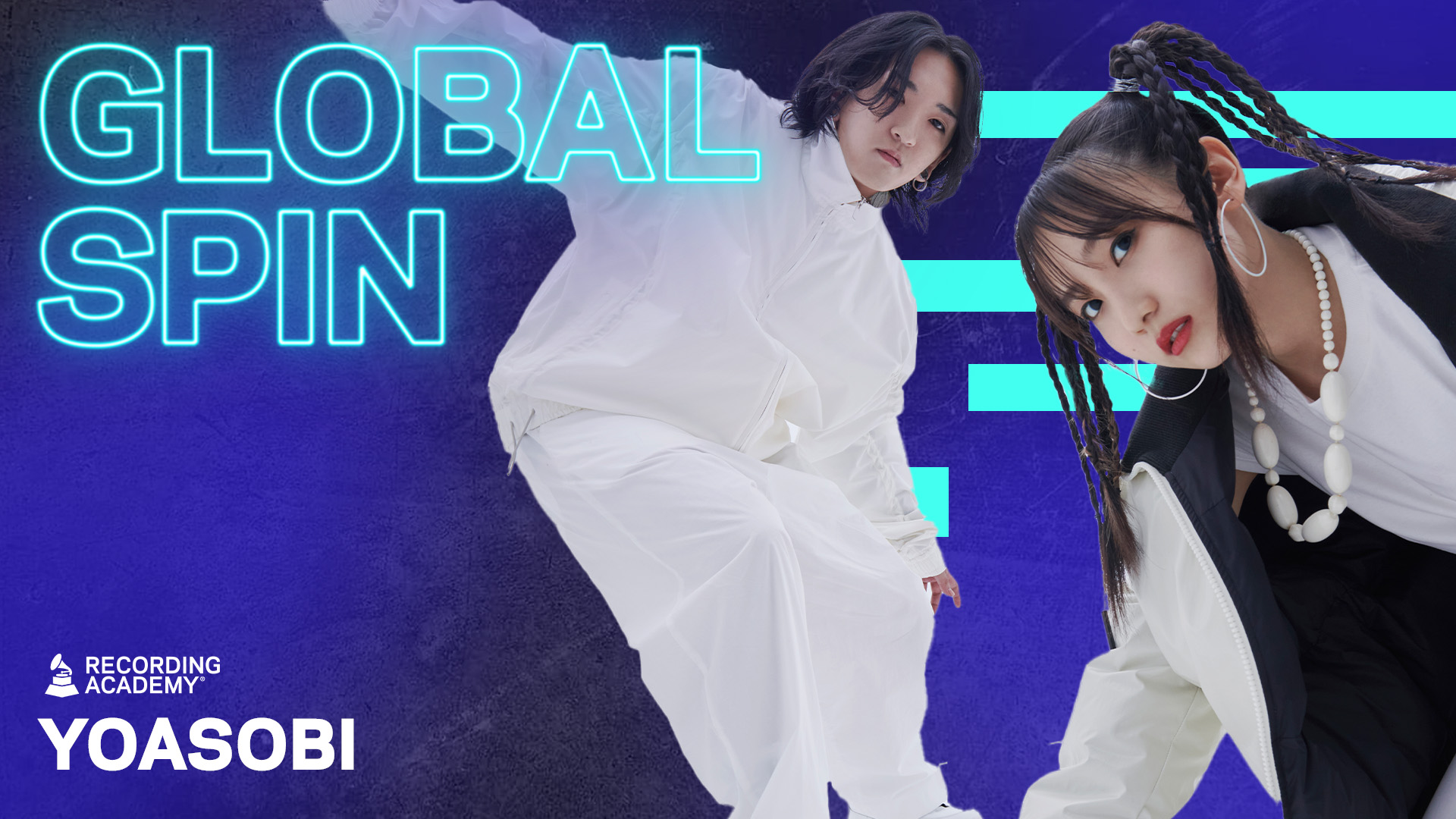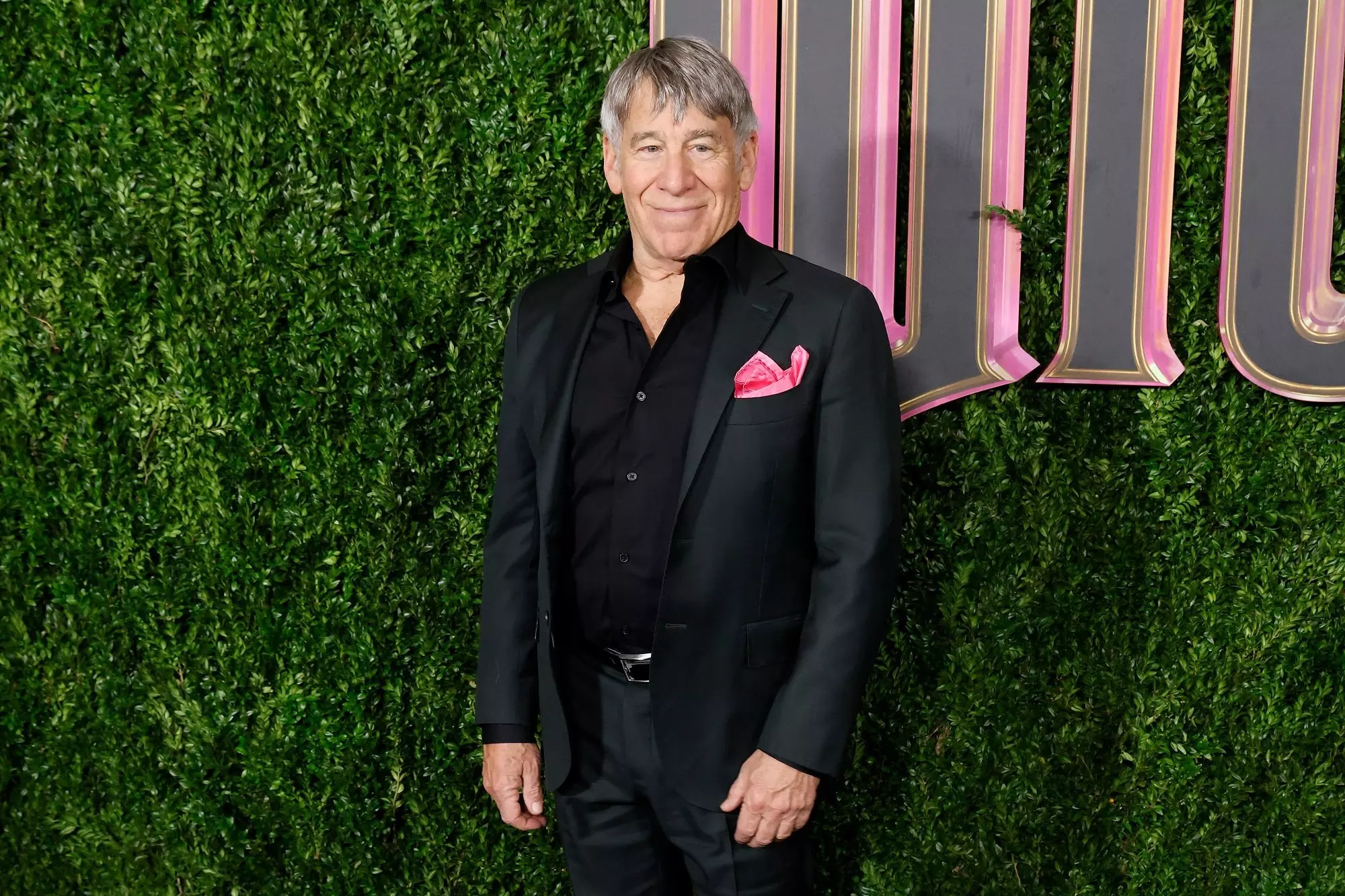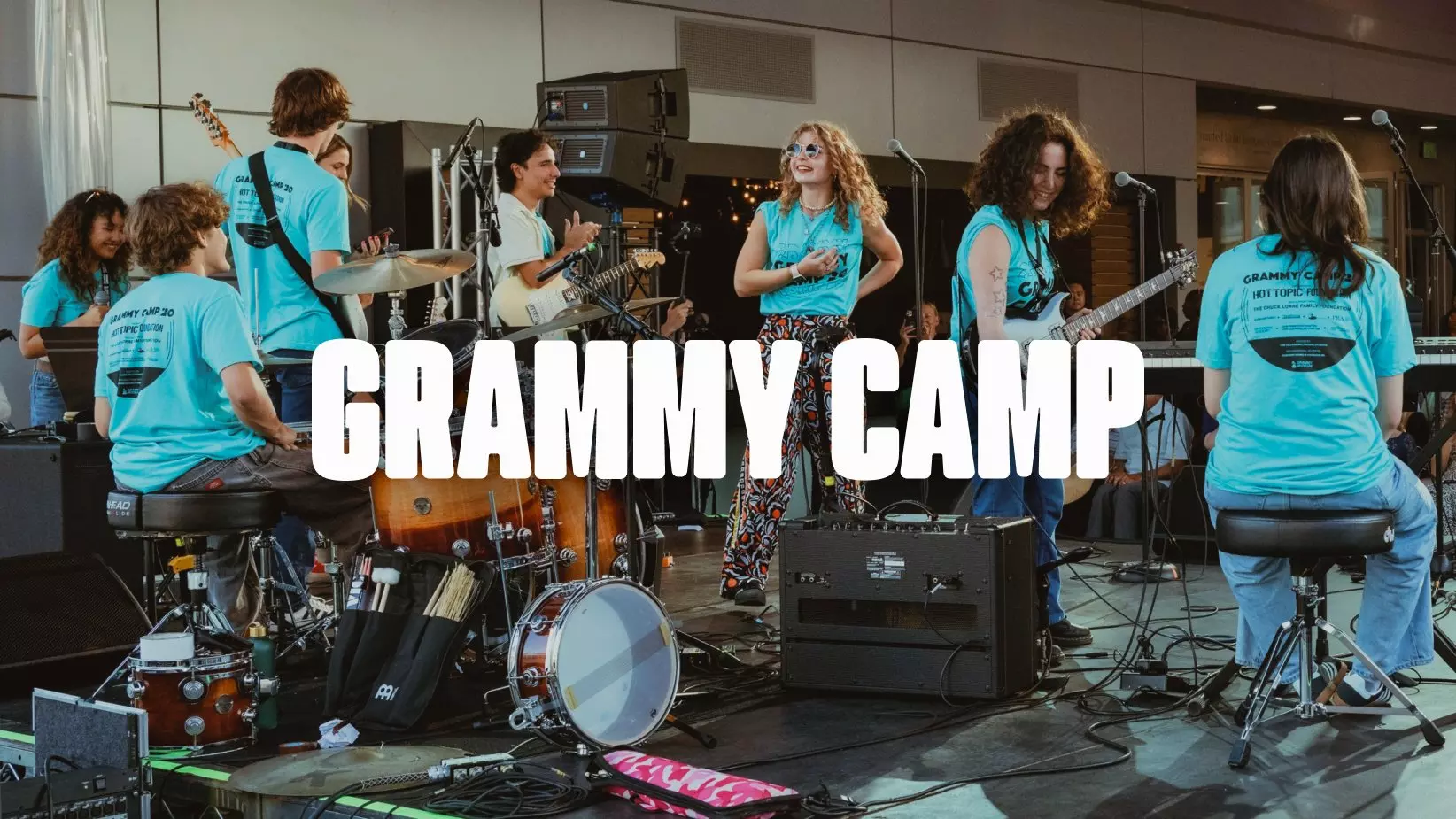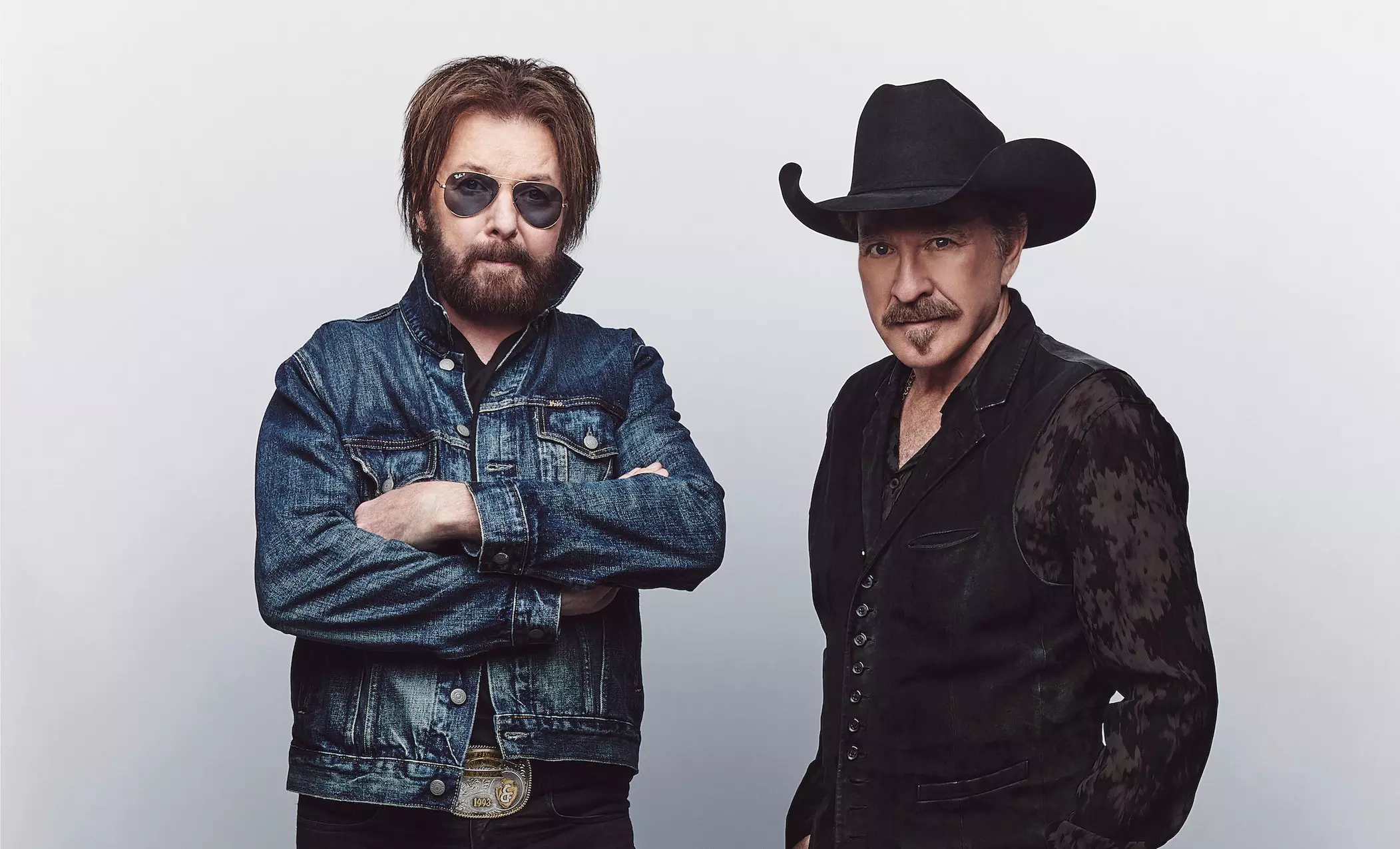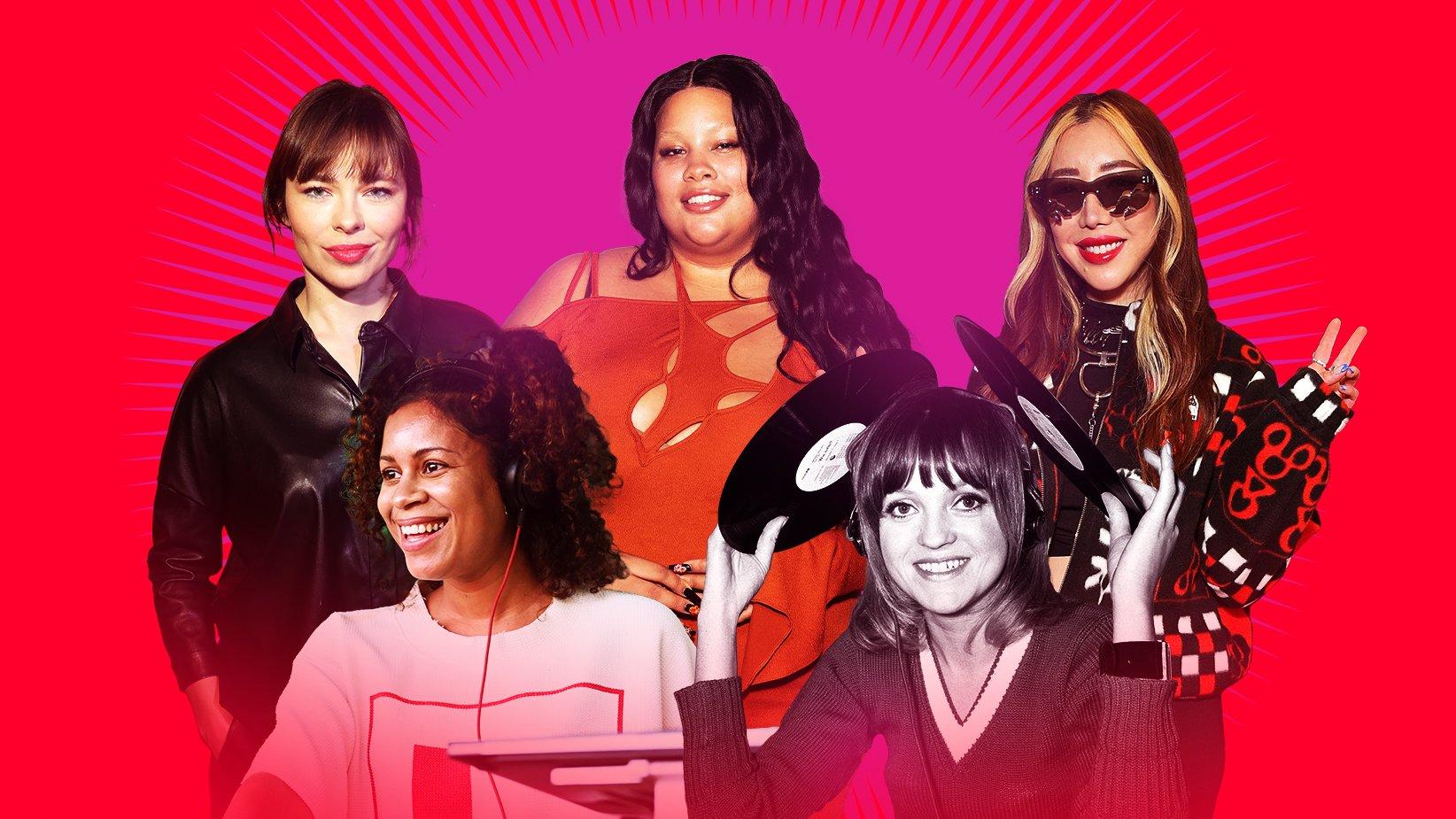Every year, the GRAMMYs' Best New Artist category acknowledges rising stars who are shaping the future of music through their own artistry.
Little does it matter if they have just a few singles or 10 studio albums under their belts. The Best New Artist Category is all about highlighting how an act pushes creative boundaries and challenges a saturated industry with outstanding — and sometimes surprising — music.
The Best New Artist nominees for the 2025 GRAMMYs are Benson Boone, Sabrina Carpenter, Doechii, Khruangbin, RAYE, Chappell Roan, Shaboozey, and Teddy Swims. Though only one of them will claim the golden gramophone on Feb. 2, 2025, each of these artists are forging bold, inspiring careers ahead. With this well-deserved nomination, the Recording Academy recognizes their efforts and celebrates their success.
Check out the nominees below and read the full 2025 GRAMMYs nominations list ahead of Music's Biggest Night on Sunday, Feb. 2, 2025.
Benson Boone
"I feel like things have taken off for me like a firework tied to a rollerblade, all very quickly," Benson Boone told GRAMMY.com upon releasing his debut LP, aptly titled Fireworks & Rollerblades, in April. While it may be a metaphor for his career in 2024, Boone's swift ascent is the result of a promising last few years.
Hailing from Monroe, Washington, he first caught the public's attention during a short stint on season 19 of "American Idol" in 2021. As the 22-year-old built momentum via TikTok, Imagine Dragons' Dan Reynolds also saw his potential, and promptly signed Benson to his label, Night Street Records, in partnership with Warner Records.
Boone's first hit single, 2021's "Ghost Town," foreshadowed his talent for vulnerable songwriting and catchy piano lines, followed by the release of two EPs in 2022 and 2023. However, his bonafide breakthrough came only in January of this year, with the soaring "Beautiful Things" — a global smash that peaked at No. 2 on the Billboard Hot 100, and surpassed 1.5 billion streams on Spotify as of press time. Second single "Slow It Down" went similarly viral in March, followed by a sold-out global tour and opening for Taylor Swift's Eras Tour in London.
Hence, the release of Fireworks & Rollerblades only cemented what many already knew: Boone is one 2024's definite stars.
Read more: Benson Boone Declares "Beautiful Things" Is No Fluke: "I've Tapped Into How I'll Write For The Rest Of My Life"
Sabrina Carpenter
"I never had the plan B, and it wasn't even a thought in my mind that it wouldn't work out," Sabrina Carpenter told Rolling Stone back in June. "I just always knew it was about not if it would happen but when it would happen."
The 25-year-old singer was right. 2024 was the year that took Carpenter to the superstardom stratosphere, with three chart-smashing, defining hits — "Espresso," "Please, Please, Please," and "Taste" — a dazzling debut at Coachella, and a tenure opening Taylor Swift's Eras Tour in Latin America, Australia and Asia.
But Carpenter's success is hard-earned. A former Disney star, she spent the last decade relentlessly developing her singing and songwriting style. It wasn't until her fifth studio album, 2022's emails i can't send, that she took full creative control over her work and, in turn, found her own artistry; with standout singles "Nonsense" and "Feather," she displayed the witty lyricism and catchy hooks that would become her signature.
When Carpenter's sixth LP, Short n' Sweet, arrived in August, she solidified her status as pop's newest queen. Co-produced by pop savant Jack Antonoff, the album bursts with confidence and charisma, channeling her sassy persona and velvety vocals into timeless earworms.
The album went on to become Carpenter's first No. 1 project in the U.S., and also earned her first Platinum certification. And now, she adds her first GRAMMY nominations to her 2024 feats, and seven at that — hinting that her pop reign will be anything but short n' sweet.
Read more: How Sabrina Carpenter Became A Pop Queen: Tracing Her Journey To 'Short N' Sweet'
Doechii
"Overly cocky, I'm hyper-ambitious/ Me, me, me, me, bitch I'm narcin-assistic/ I am a Black girl who beat the statistics," says Doechii on her first viral single, 2020's "Yucky Blucky Fruitcake." It's a banging introduction to the rapper, who has since signed with Top Dawg Entertainment (home to Isaiah Rashad, SZA and more), released two EPs and three mixtapes, collaborated with the likes of Kodak Black and Katy Perry, supported Doja Cat on tour, and has now earned her first GRAMMY nominations.
Born Jaylah Hickmon in Tampa, Florida, Doechii was a theater kid who wrote poetry before adding beats to her bars. Her music is confessional, irreverent and unapologetic, sourcing her experiences as a Black woman and transmuting them into provocative, empowering anthems — see 2022's "Crazy," whose music video was banned from trending on YouTube due to its violence and nudity content.
But it didn't faze her. The scenes were not for shock value, but to express the hardships that women go through, and to challenge the sexualized gaze over them. After all, as she said in a since-deleted Instagram post, "'Crazy' is about uncontained power, creativity and confidence. People call you crazy when they fear you or they don't understand you. So when I use it in the song, I'm reflecting that energy back on them to show them themselves."
Doechii has yet to release a debut studio album, but her latest mixtape, August's Alligator Bites Never Heal, is a strong display of her brilliant storytelling and quirky uniqueness. Coupled with the success of her previous releases, Alligator Bites's critical acclaim suggests that the "Swamp Princess" is bound to fly even higher.
Read more: 5 Emerging Artists Pushing Electronic Music Forward: Moore Kismet, TSHA, Doechii & Others
Khruangbin
Khruangbin means airplane in Thai, and there couldn't be a better word to describe the Texan trio. From Middle Eastern scales to Peruvian cumbia, the intercontinental influences within their sound transport listeners around the world.
Formed by bassist Laura Lee Ochoa, guitarist Mark Speer, and drummer Donald "DJ" Johnson Jr., they first took inspiration in Thai funk from the '60s and '70s, and in 2015 released their debut LP, The Universe Smiles Upon You. Now four albums in, the band has crafted a lush soundscape that can be both nostalgic and avant-garde, familiar and strange. They've entranced fans from Barack Obama to Jay-Z, played at festivals like Coachella and sold out several tours (including two nights at New York's Radio City Music Hall), and collaborated with icons such as Paul McCartney.
For the past four years, Khruangbin focused on their aggregating nature: they put out two EPs with soul singer Leon Bridges (2020's Texas Sun and 2022's Texas Moon), 2022's Ali with Vieux Farka Touré, and a series of 2023 live recordings in partnership with Toro y Moi, Nubya Garcia, and Men I Trust. It was time the trio turned down outside noise, and focused on their own synergy. Khruangbin's latest album, A La Sala ("to the room," in Spanish), arrived in April as a core example of their essence — for the first time, they had no additional collaborators, resulting in a rebirth of their original magic.
With this return to their roots and their rising popularity, a GRAMMY nomination for Best New Artist stands as an invite for even more people to dive into their ethereal, exceptional work.
Read more: 5 Songs To Get Into Khruangbin Ahead Of Their New Album 'A La Sala'
RAYE
For seven years, South London singer/songwriter RAYE was kept in the talent basement of Polydor Records, unable to release her debut LP. During that time, she co-penned songs for acts like Beyoncé and Rihanna, released five EPs and a handful of singles, including collaborations with David Guetta and Martin Solveig, but she knew it wasn't half of what she had to offer.
"Imagine this pain. I have been signed to a major label since 2014...and I have had albums on albums of music sat in folders collecting dust," she shared on Twitter back in 2021, reflecting on her situation. "Songs I am now giving away to A-list artists because I am still awaiting confirmation that I am good enough to release an album."
Shortly after that confession, RAYE (whose birth name is Rachel Keen) parted ways with Polydor and became an independent artist. Slowly, she pieced together the riveting songs that formed her hard-fought 2023 debut, My 21st Century Blues. Her resonant voice and raw lyricism earned raving reviews, and the album's lead single, "Escapism" took off — going viral on TikTok, topping the UK Singles Chart, and becoming her first Billboard Hot 100 entry.
It was a pivotal moment for the now 27-year-old, proving that her intuition and belief in herself paid off. Since then, RAYE has continued to flourish as an artist in her own right, supporting world tours by SZA, Kali Uchis, and Lewis Capaldi, opening for Taylor Swift's Eras Tour, and performing at Coachella and Lollapalooza. In March 2024, she made history at the BRIT Awards by securing six trophies — the most for any artist in a single year.
RAYE's latest single, June's "Genesis.," is a seven-minute epic that she described in a statement as "a prayer and a plea and a cry for help." Its three-act structure and straightforward, relatable lyrics suggest a newfound confidence — and with RAYE's first GRAMMY nomination for Best New Artist in tow, the sky's the limit for her next chapter.
Read more: Watch RAYE Open Up About Her Prized Songwriting Notebook | It Goes To 11
Chappell Roan
Credited by many for infusing pop music with a much-needed dose of fun, Missouri-born singer Chappell Roan laced 2024 with her enthusiasm, flair and unabashed sexuality. However, the path to this moment wasn't easy — and is reflected in her 2023 debut album's title, The Rise and Fall of a Midwest Princess.
Roan first signed with Atlantic Records in 2015 at just 17, but the label didn't find her profitable enough; by 2020, she was dropped from their roster. Coupled with the breakup of a four-year relationship and a brief return to her parents' house, Roan found herself in a slump. Yet, she pulled herself up, moved to Los Angeles, and finally started working independently on music that she was proud of.
Born Kayleigh Amstutz, the singer describes Chappell Roan as a "larger-than-life, drag queen version of myself," who allows her to embrace her queer identity and sexuality, as well as dealing with the hardships of being a woman. Her glittery, campy world is DIY by design, all-inclusive and genuine, prompting a devoted cult fan base that was eager to spread her truth to the mainstream.
It was only a matter of time until that happened. She signed with Island and Amusement Records in early 2023 to release the effervescent Midwest Princess, but refused to compromise her artistic vision or creative control — and her commitment to authenticity resonated.
After starting 2024 by opening for Olivia Rodrigo on the sold-out GUTS World Tour, Roan went on to draw mind-blowing (if not record-breaking) crowds at Coachella, Governors Ball, Lollapalooza, and Austin City Limits festivals thanks to her rapidly increasing allure. Roan's follow-up single, "Good Luck, Babe!," bolstered her to even greater heights (including 2025 GRAMMY nods for Record Of The Year, Song Of The Year and Best Pop Solo Performance) and helped Midwest Princess reach its biggest sales week a full year after its release — ultimately securing her place as one of pop's most promising stars.
Read more: Chappell Roan's Big Year: The 'Midwest Princess' Examines How She Became A Pop "Feminomenon"
Shaboozey
"They say it takes 10 years to have an overnight success, and it's true," Shaboozey told GRAMMY.com in May. The 29-year-old Nigerian-American born Collins Chibueze knows it firsthand: his first single, "Jeff Gordon," came out in 2014, but he's only now seeing the fruits of his hard work a full decade later.
It all started in March, with Beyoncé's trailblazing COWBOY CARTER, where Shaboozey's two guest features — "SPAGHETTII" and "SWEET HONEY BUCKIIN" — left listeners craving for more. Fortunately, there was plenty to discover. Since "Jeff Gordon," Shaboozey signed to Republic Records and released his 2018 debut, Lady Wrangler, followed by 2022's Cowboys Live Forever, Outlaws Never Die, via EMPIRE. (According to Spotify, Shaboozey's catalog streams increased by 1,350 percent after the release of COWBOY CARTER.)
Just six weeks later, Shaboozey had another breakthrough moment. His single "A Bar Song (Tipsy)" dethroned Beyoncé's "TEXAS HOLD 'EM" for the No. 1 spot on Billboard's Hot Country chart. But that was far from where the song's success stopped. Along with topping charts around the world and helping Shaboozey become the first male Black artist to be No. 1 on Billboard's Hot Country Songs and Country Airplay charts simultaneously, "A Bar Song" has notched 16 weeks atop the Billboard Hot 100 as of press time — just one week away from breaking the record for the longest run this decade.
Though "A Bar Song" undoubtedly put Shaboozey on the map as an artist in his own right, his third album Where I've Been, Isn't Where I'm Going showed he's more than a smash hit. With his distinctive mix of country, Americana, and hip-hop, as well as lyrics that lay bare a journey through heartbreak and depression, he snagged a No. 5 debut on the Billboard 200 album chart. Now, with a GRAMMY nomination for Best New Artist, Shaboozey is poised to reach even wider audiences.
Read more: Shaboozey On His New Album, Beyoncé & Why He'll Never Be A "Stereotypical" Artist
Teddy Swims
"I don't want to swallow my insecurities. I don't have to wait until I feel like I'm worthy of love to put myself out there," Teddy Swims told GRAMMY.com upon the release of his 2023 debut, I've Tried Everything But Therapy (Part 1). It's rare to find a man so emotionally open, but that's one of the factors that makes the Georgia native so special — that, and his arrestingly powerful, soulful voice.
After starting out on YouTube in 2019, Swims (born Jaten Dimsdale) signed with Warner Records and put out four EPs, gradually emerging as one of the most compelling vocalists of his generation. His true breakthrough came in June 2023 with the bellowing hit "Lose Control," which earned him a first entry on the Billboard Hot 100 and a swarm of new fans who were entranced by his music.
The track featured on I've Tried Everything but Therapy (Part 1), which expanded on the lyrical vulnerability and stirring sounds of "Lose Control" and spawned another pop hit with "The Door." Keeping his promise of a Part 2, Swims dropped a sneak peek with I've Tried Everything But Therapy (Part 1.5) in April, and just announced that Part 2 will arrive on Jan. 24, 2025.
Will Teddy Swims be celebrating a GRAMMY win just after celebrating his next album release? Tune into the 2025 GRAMMYs on Feb. 2 to find out!
Read more: Teddy Swims Is Letting Himself Be Brutally Honest On 'I've Tried Everything But Therapy'
The Latest Pop Music News & Releases

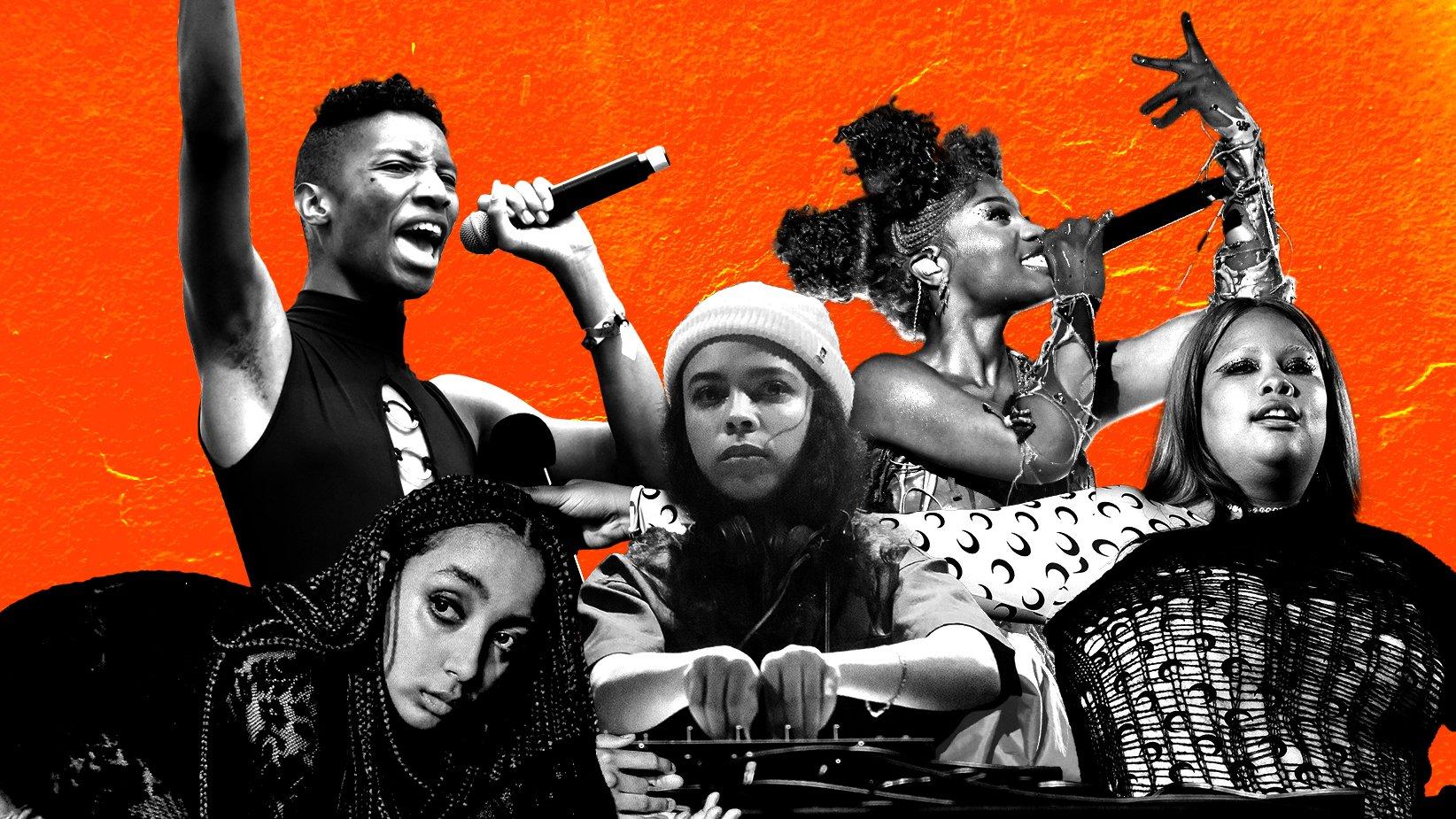
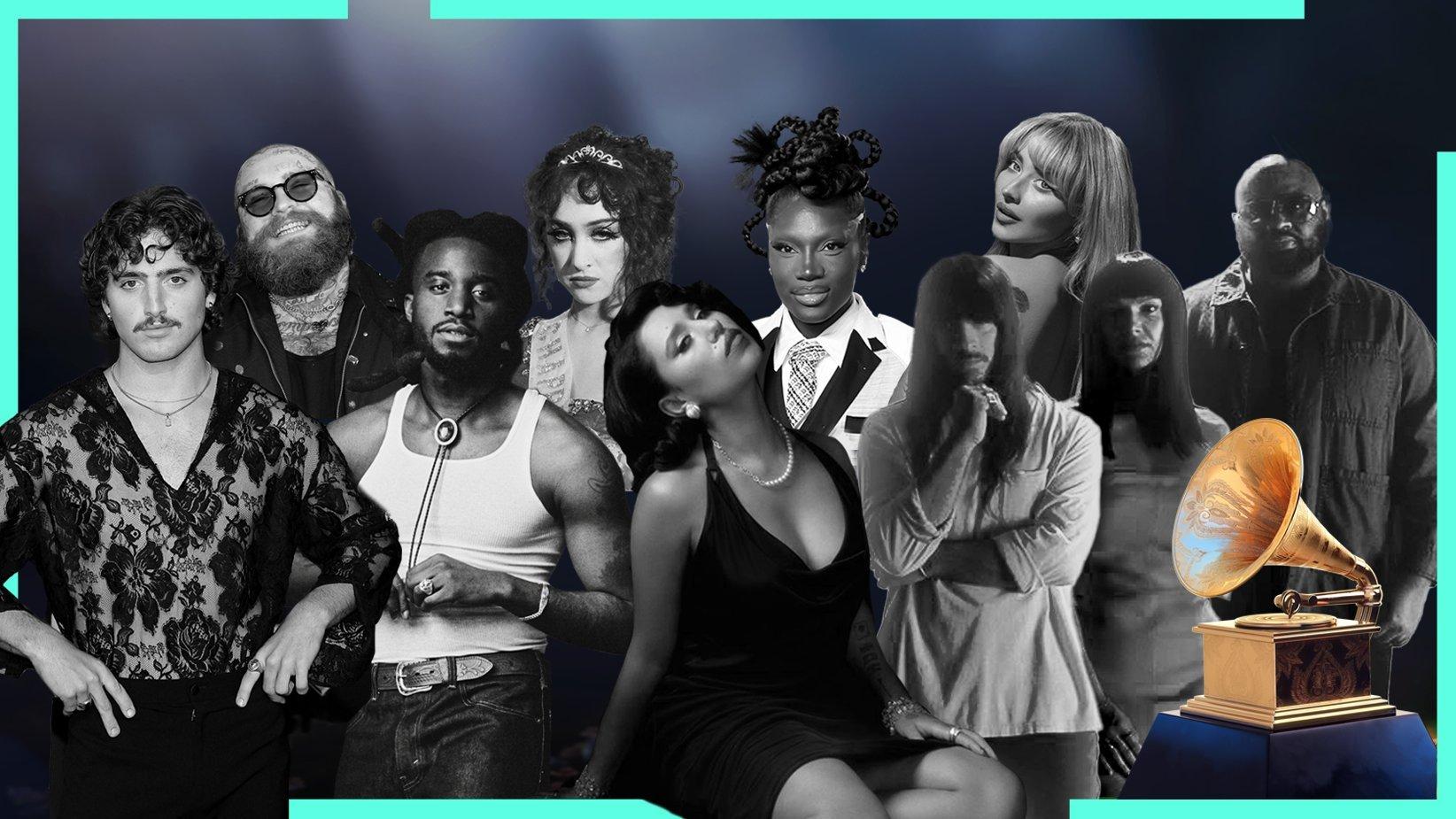
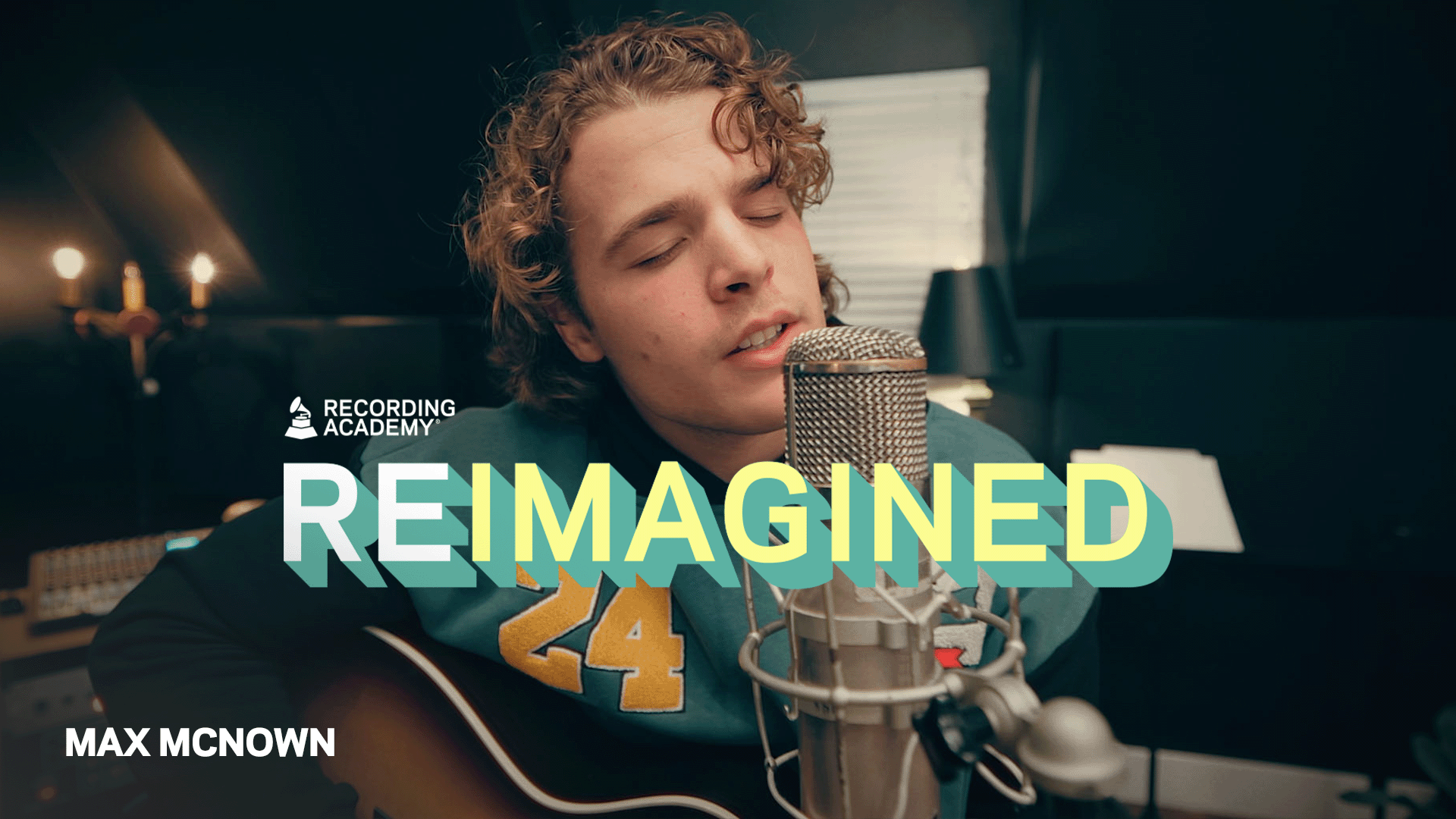
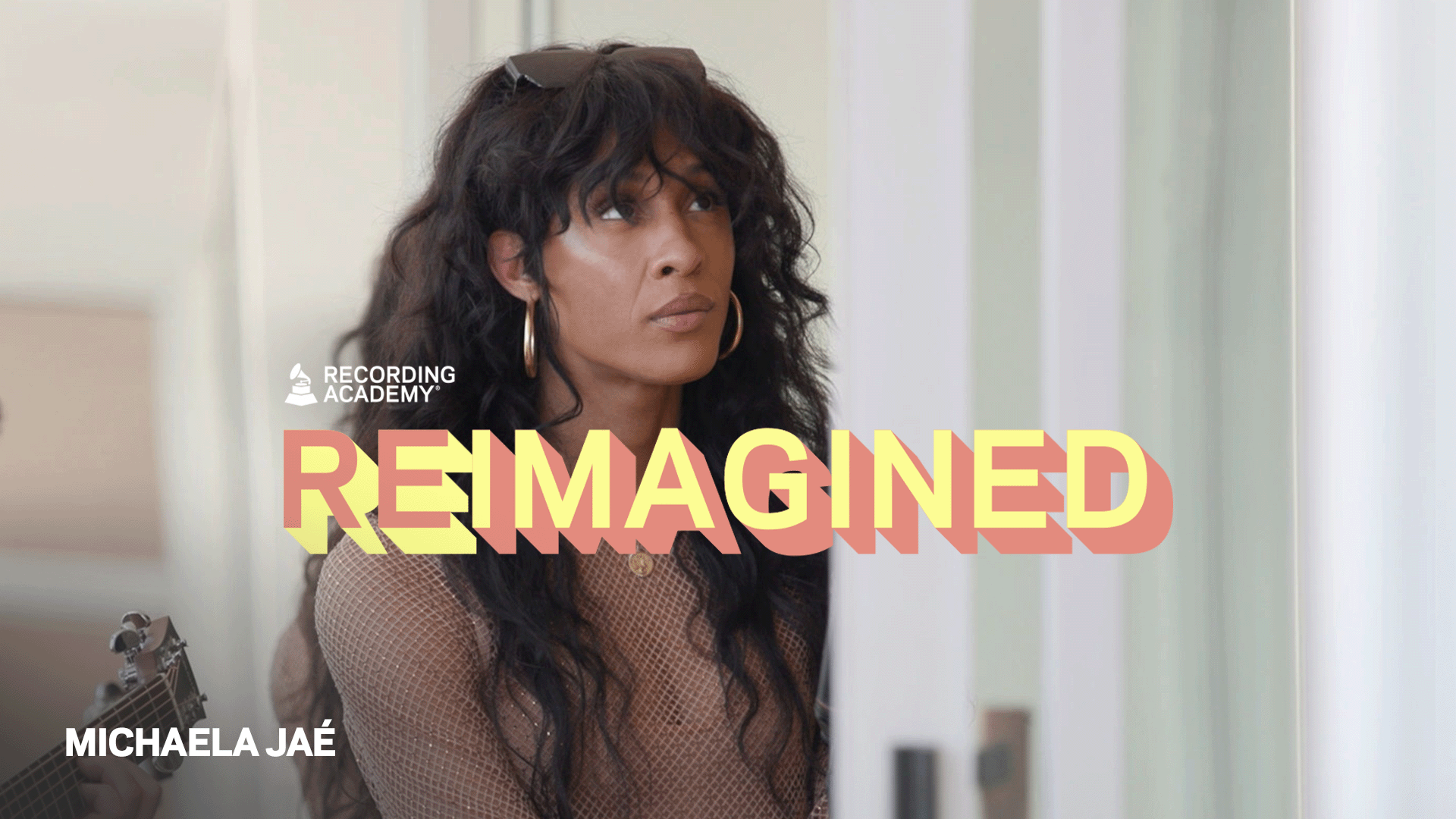
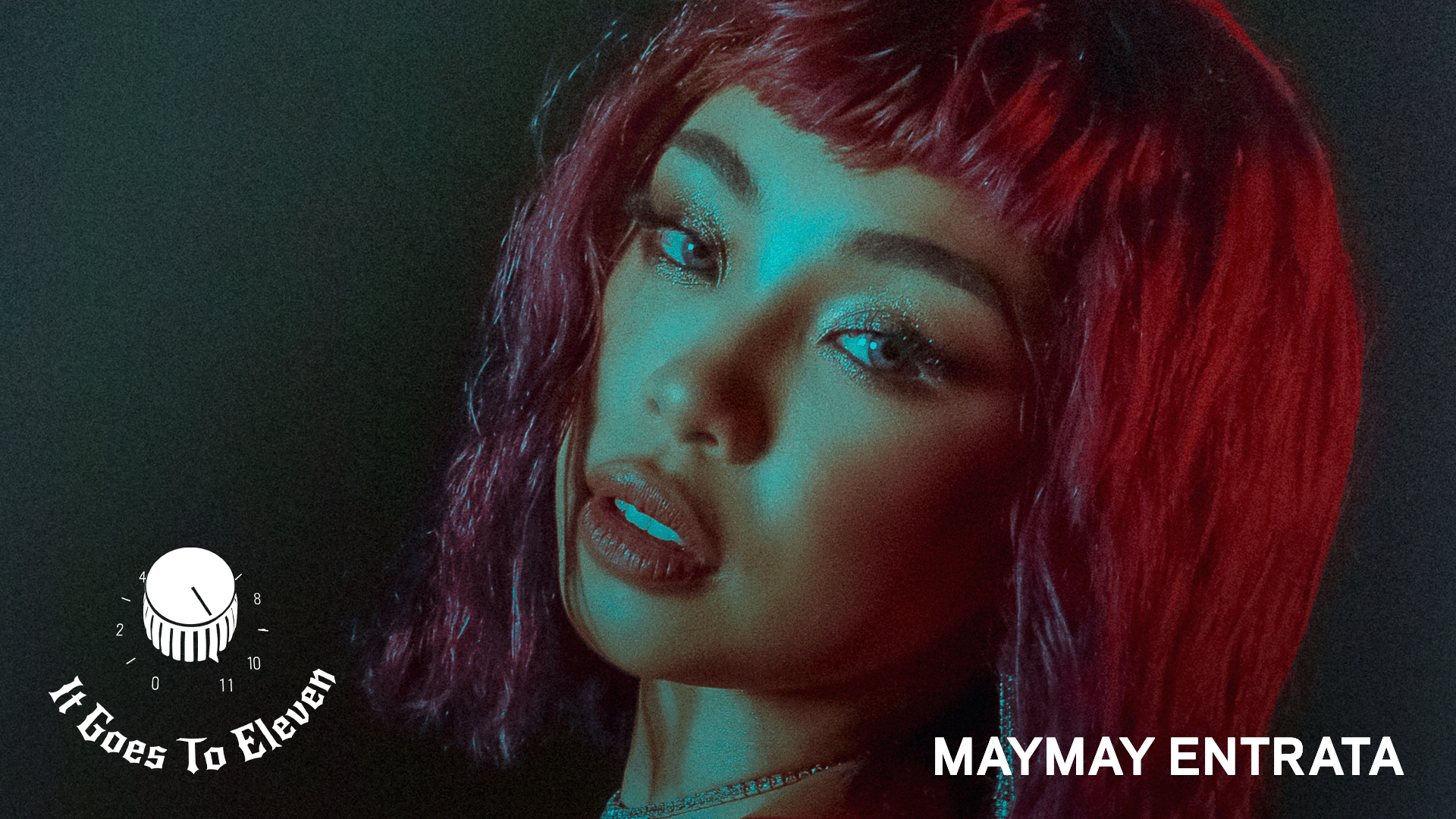
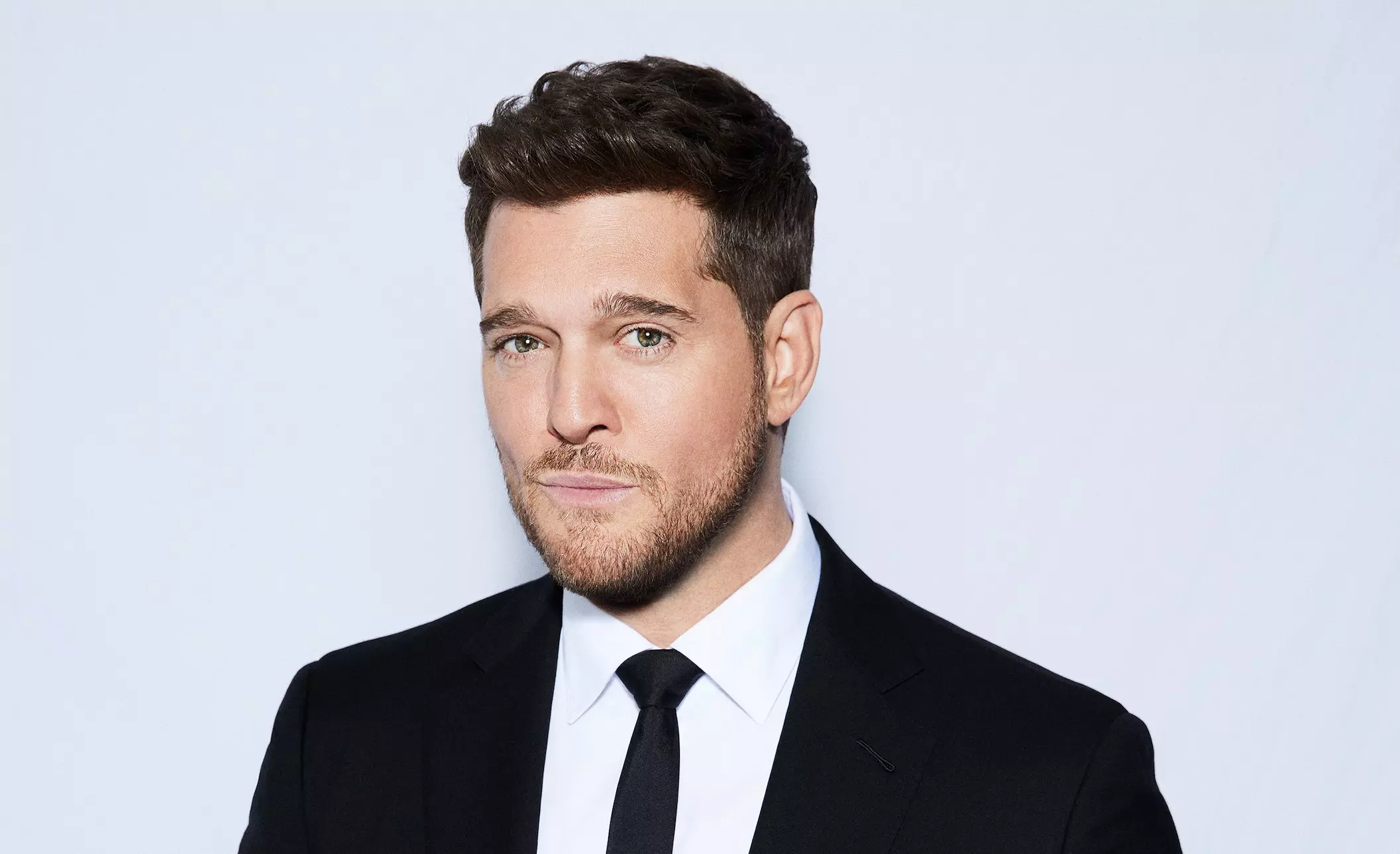
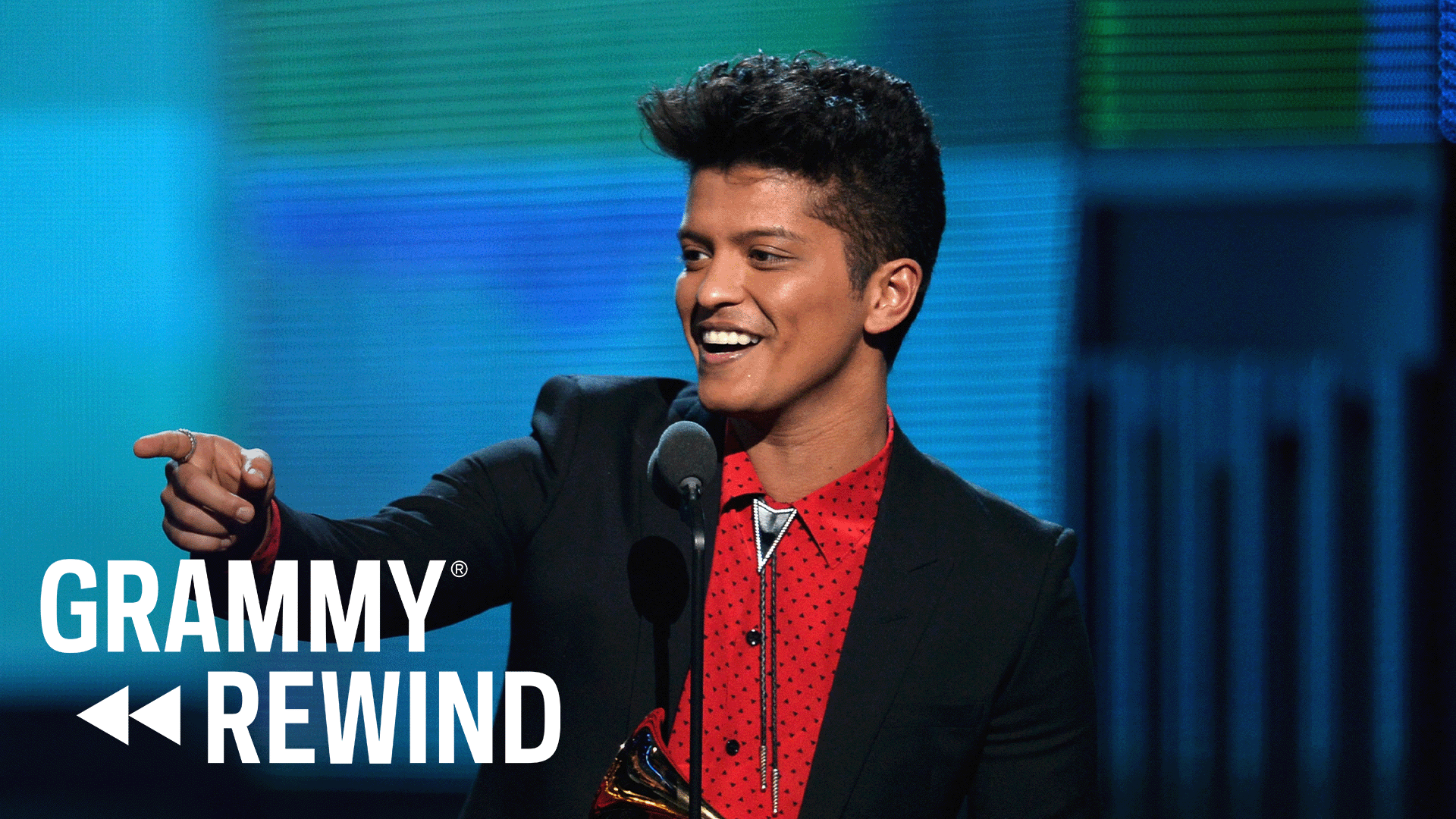
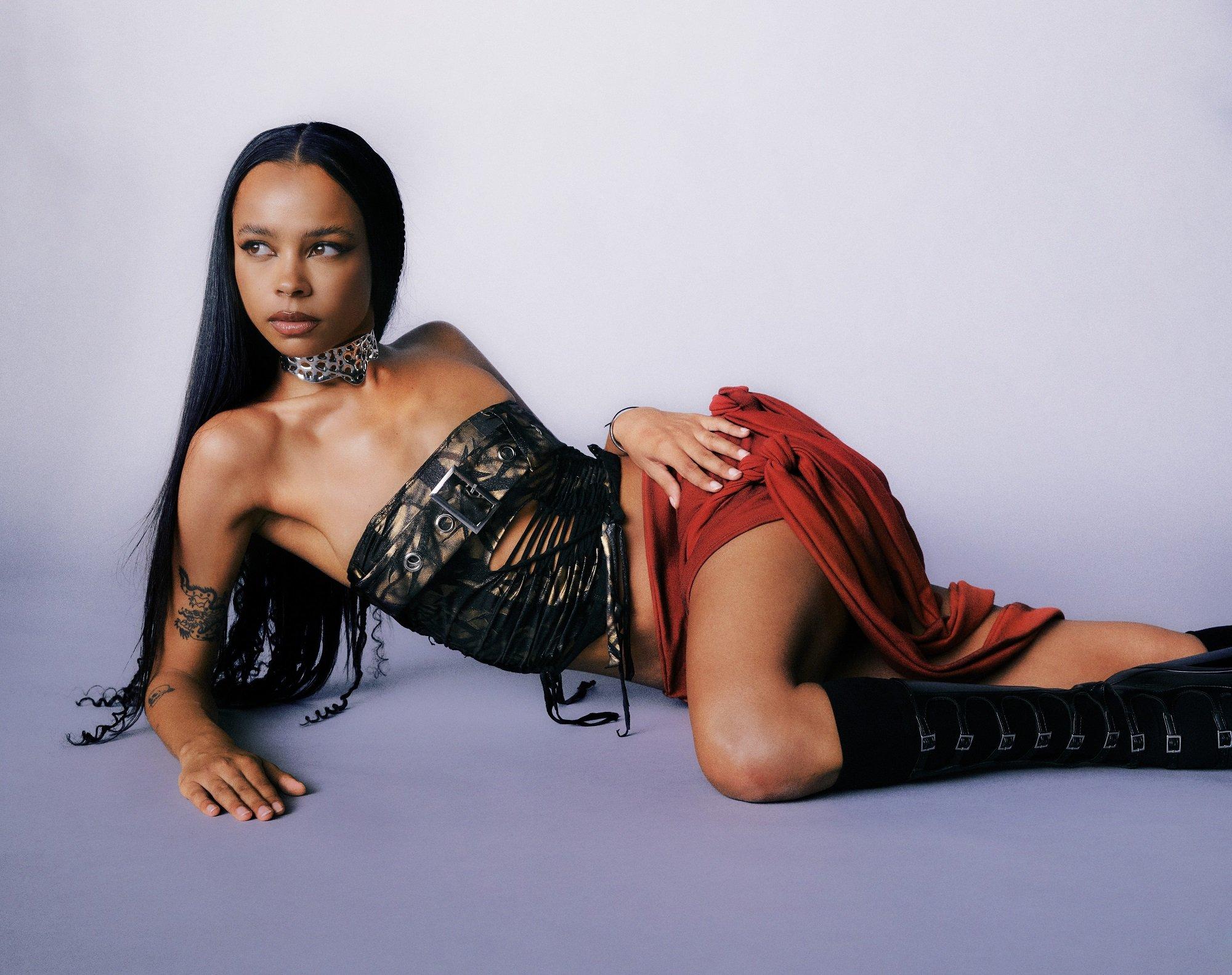
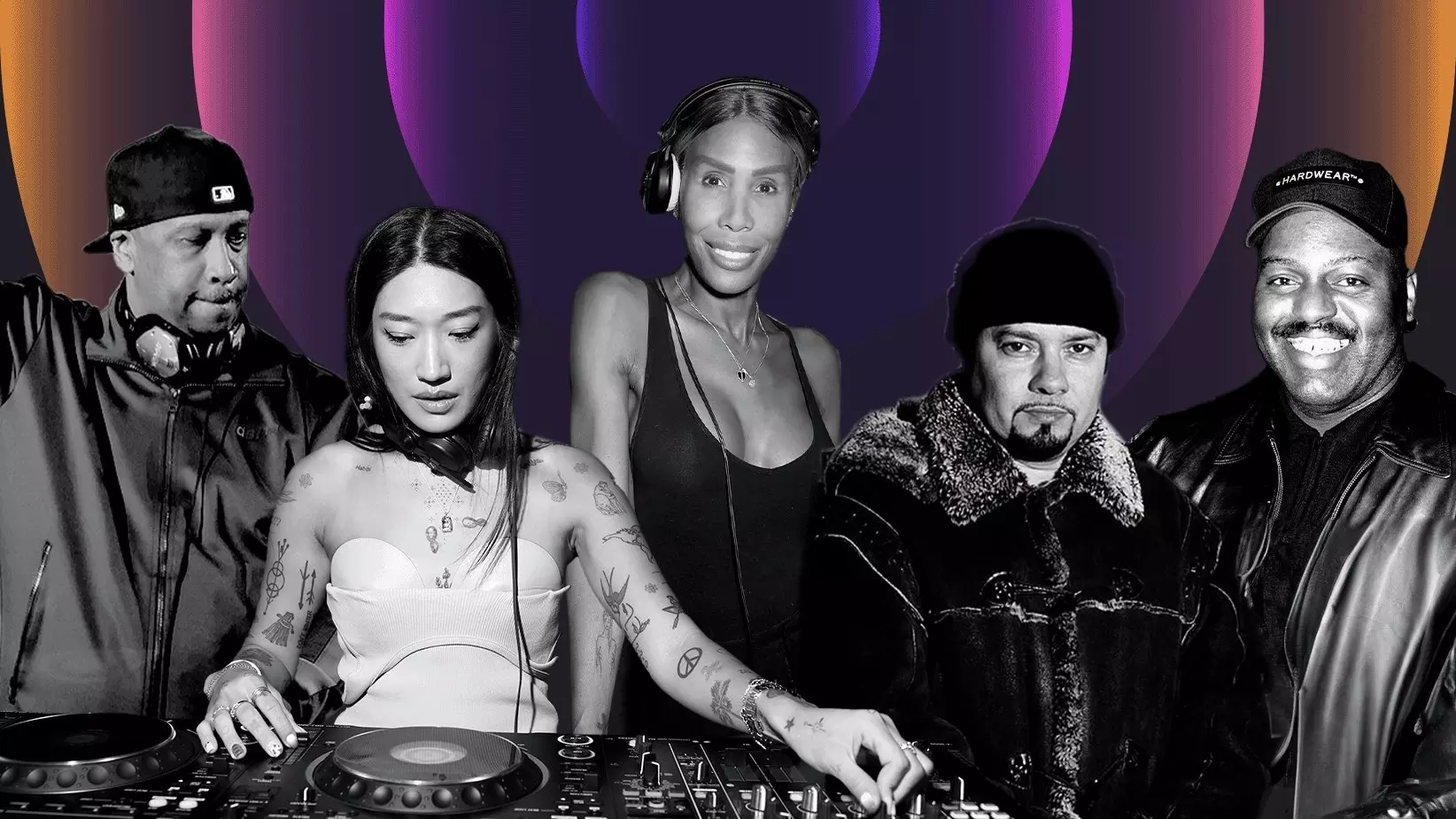
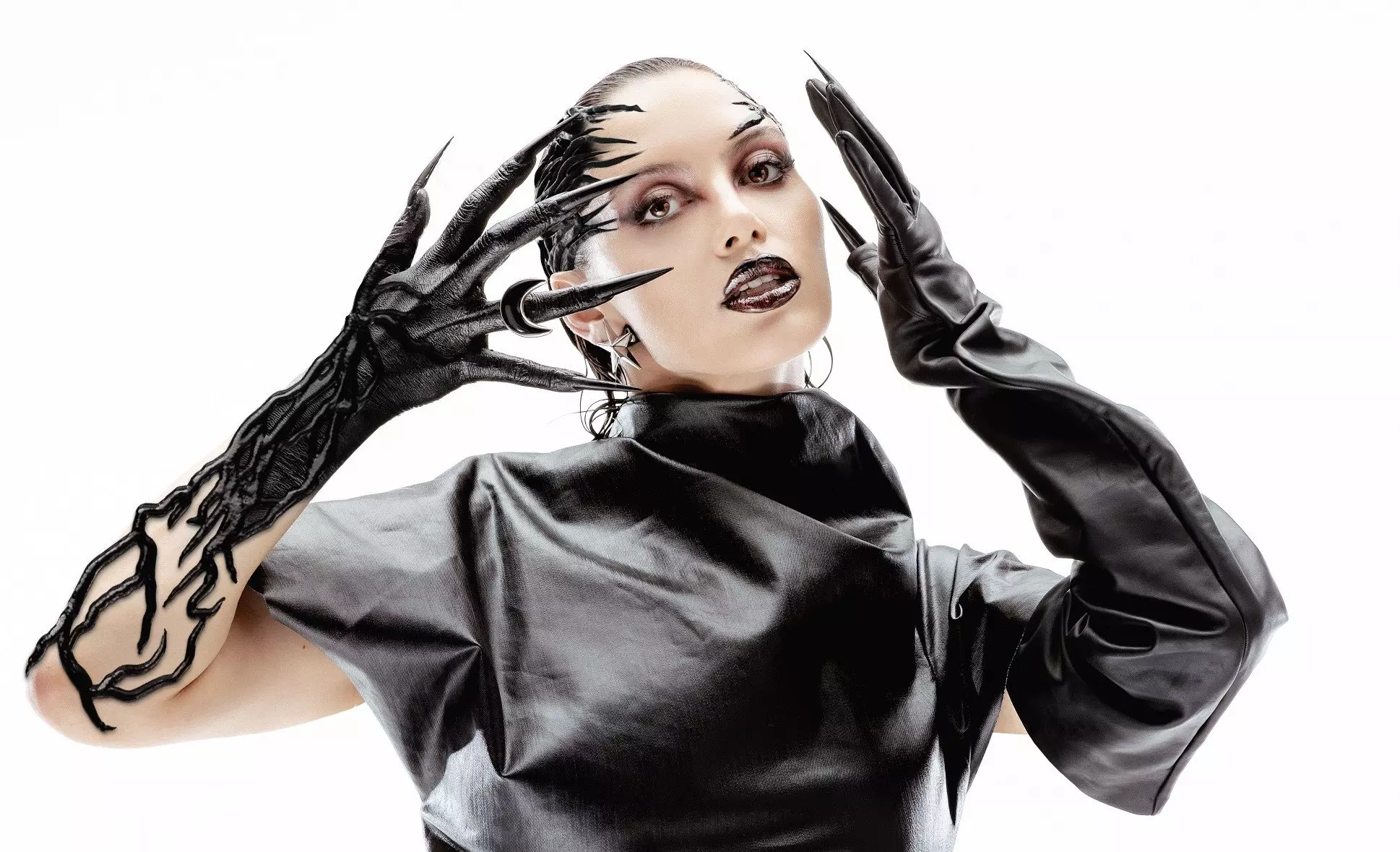
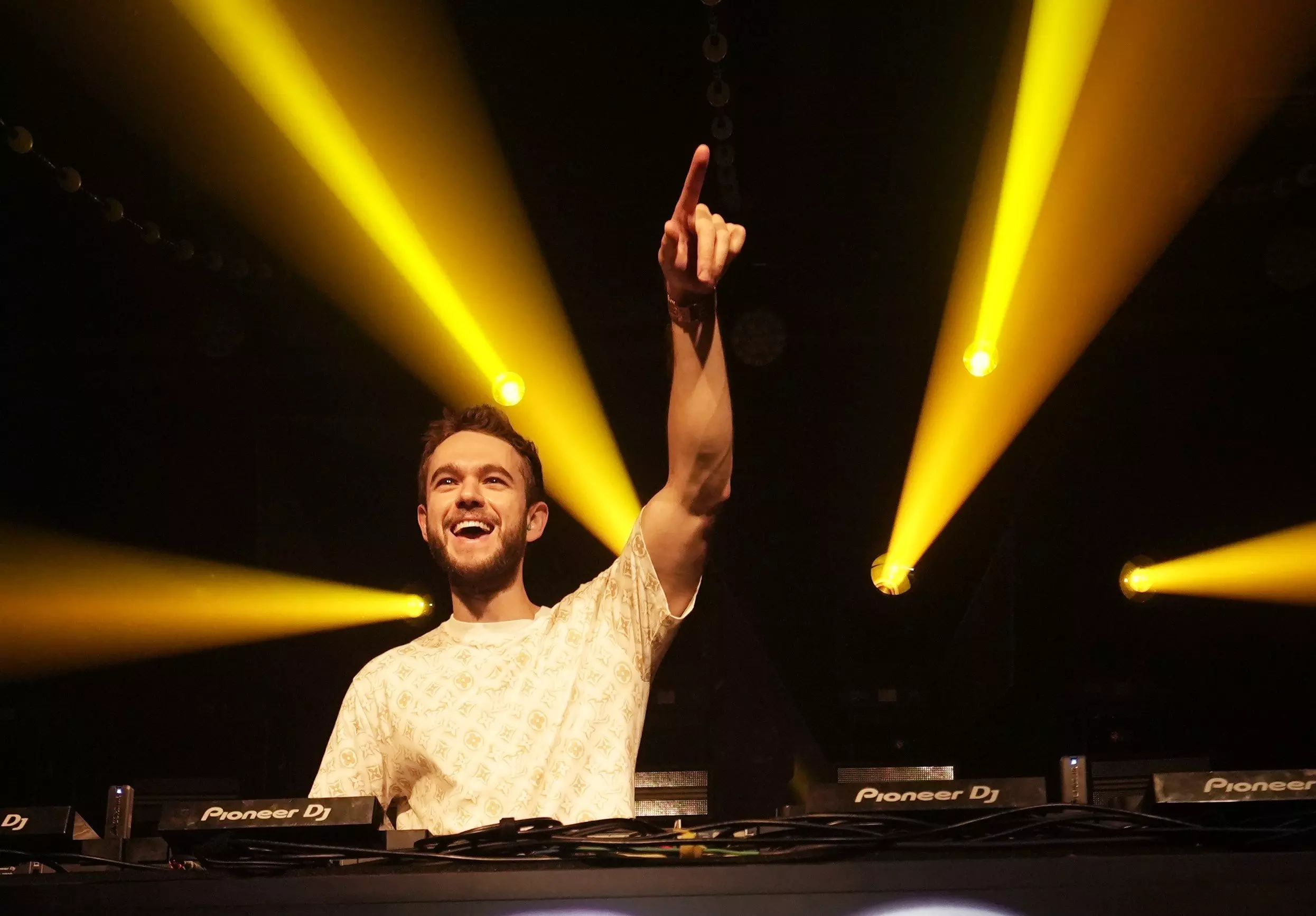
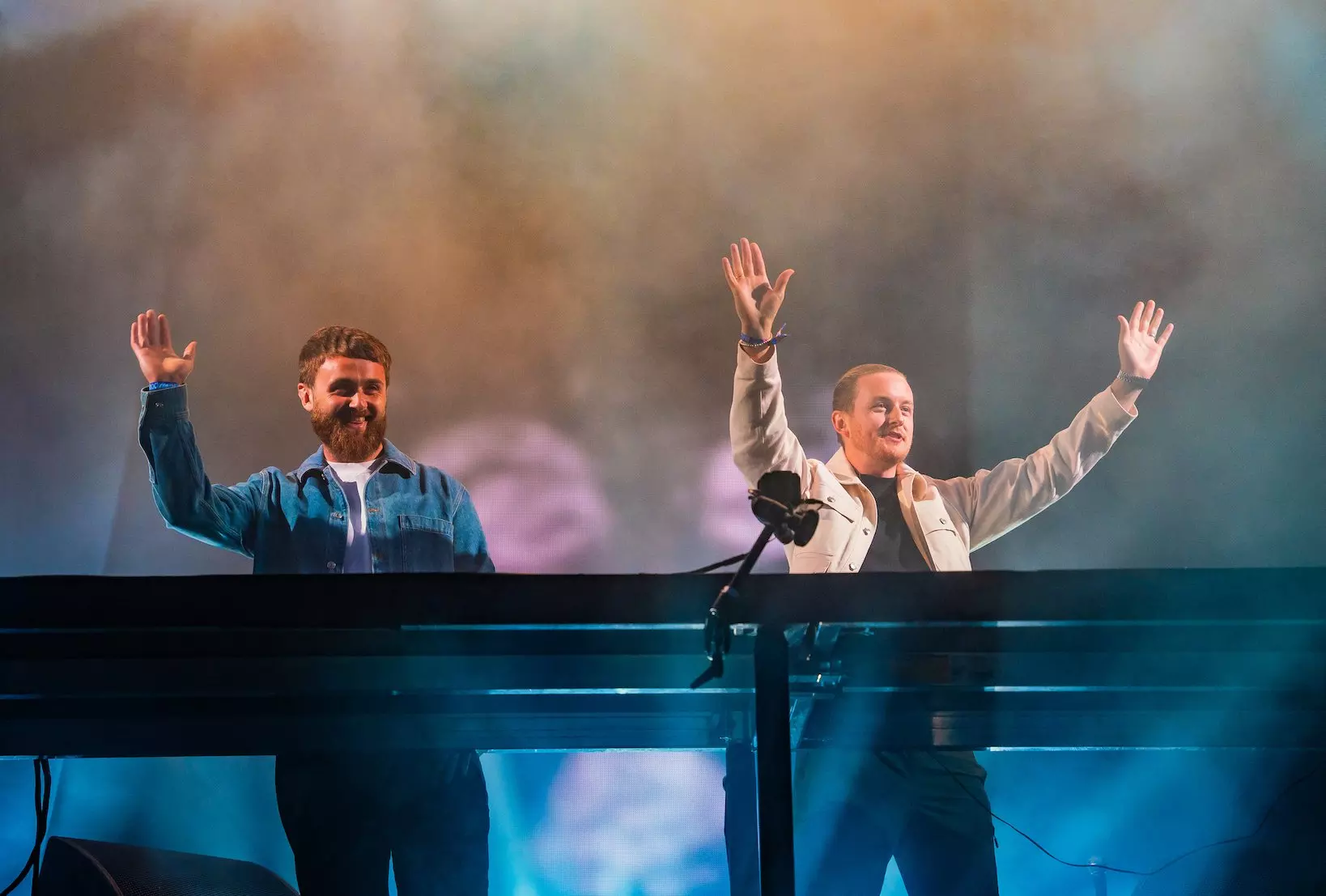
.webp)
